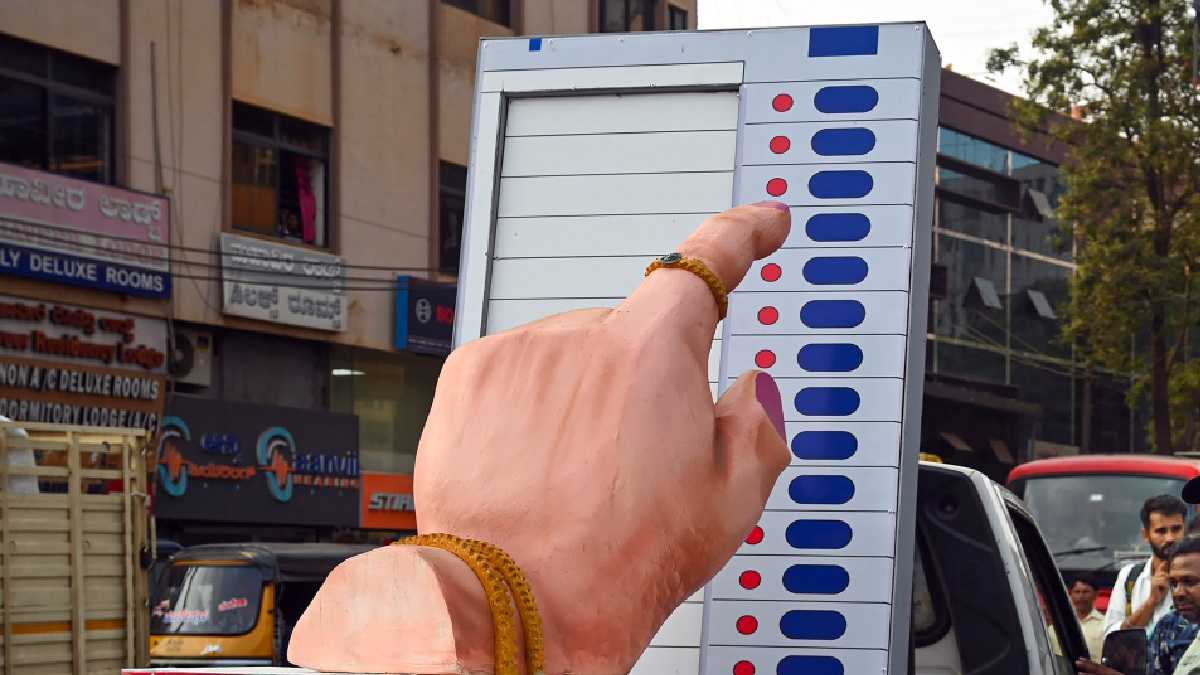Nepal peace deal ignites fresh debate over king's role
RAMAWAPUR, Nepal, June 20 (Reuters) In the heat of Nepal's pro-democracy protests, in a swirl of smoke from burning tyres, demonstrators hung a rat from electricity wires and dangled a banner from its body declaring that King Gyanendra was dead.
Two months later, tempers have calmed. Gyanendra surrendered power at the end of April and has kept a low profile ever since.
He has few friends among Nepal's young urban middle class, but in the countryside it is clear that the royal family retains a degree of respect.
''Just as a family cannot run without the head of the household, this family, this country cannot run without the king,'' said 55-year-old Ramrup Kurmi, a farmer with an impressive handlebar moustache from the village of Ramawapur, 500 km southwest of Kathmandu.
Nepal's Maoist rebels have been fighting for 10 years for the abolition of monarchy. The conflict has claimed 13,000 lives, but peace is drawing close, the rebels have been invited to join an interim government, and debate is raging about their agenda.
As part of a deal with political parties agreed last Friday, elections will be held next year for a special assembly to draw up a new constitution and review the monarchy's future.
Rebel chief Prachanda told Reuters last week his forces would respect the ''the verdict of the masses''. But he added: ''It is our faith that the verdict will come in favour of a democratic republic''.
But is Prachanda right? A straw poll among villagers on Nepal's vast southern plains suggests the rebels may not have it all their own way.
''You can't kick him out completely, he is also a member of our family,'' said 50-year-old Ram Kumar Jaiswal, to murmurs of assent.
''But he should not get any power.'' The king, a portly man who sometimes seems to have a permanent sneer, may not be popular. But respect for the monarchy, traditionally viewed as semi-divine, does not die so easily.
The widely read Nepali Times did a more scientific survey in February. It found that, of more than 5,000 people polled, 77 percent supported a ceremonial role for the king, and only 10 percent wanted a republic.
Editor Kunda Dixit says support for some form of monarchy might have fallen to around 60 percent after weeks of street protests in April that provoked bloody clashes with security forces. But the monarchy should not be written off, he says.
''There is a lot of fashionable republicanism on the streets of Kathmandu,'' he said. ''But in the countryside people instinctively make a distinction between the monarchy and the person of the king.'' The debate was fuelled again last week when Nepal's 84-year-old Prime Minister Girija Prasad Koirala said he supported a ceremonial role for the king.
Influential neighbour India is believed to back that view, out Koirala's comments were slated by members of his own party, as well as by the Maoists.
''So-called King Gyanendra and his son Paras are goons and smugglers,'' Prachanda said. ''Their blood is criminal blood, and they will not accept a ceremonial role.'' Some critics saw the king's hand behind last month's protests in the southern city of Birgunj, where thousands of people demonstrated against plans to turn Nepal, the world's only Hindu kingdom, into a secular state.
But Dixit said the monarch would be well advised to back off, and keep to the occasional public appearance at temples and Hindu festivals if he wants to keep his crown.
''If he stays like that, by the time the constituent assembly comes around, there might be support for that kind of monarchy,'' he said. But if Gyanendra tries to conspire behind the scenes, ''if there is even a sniff of that, he is out.'' Reuters CH GC0950


 Click it and Unblock the Notifications
Click it and Unblock the Notifications




